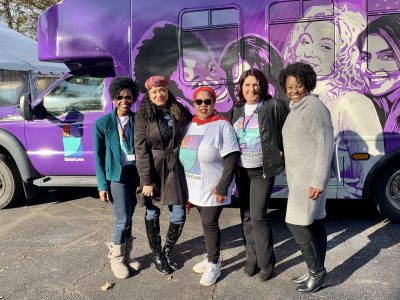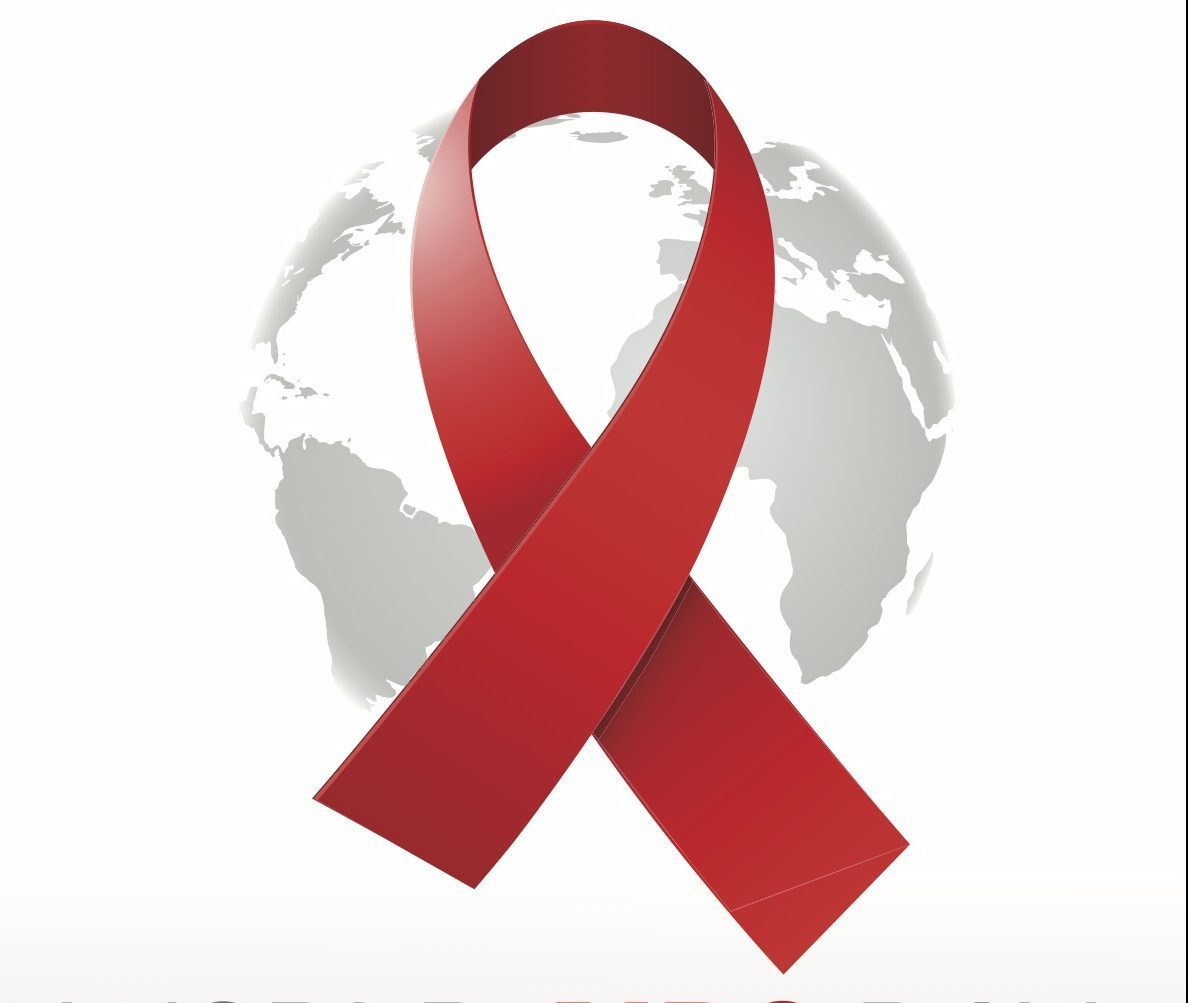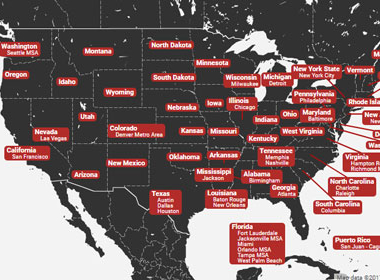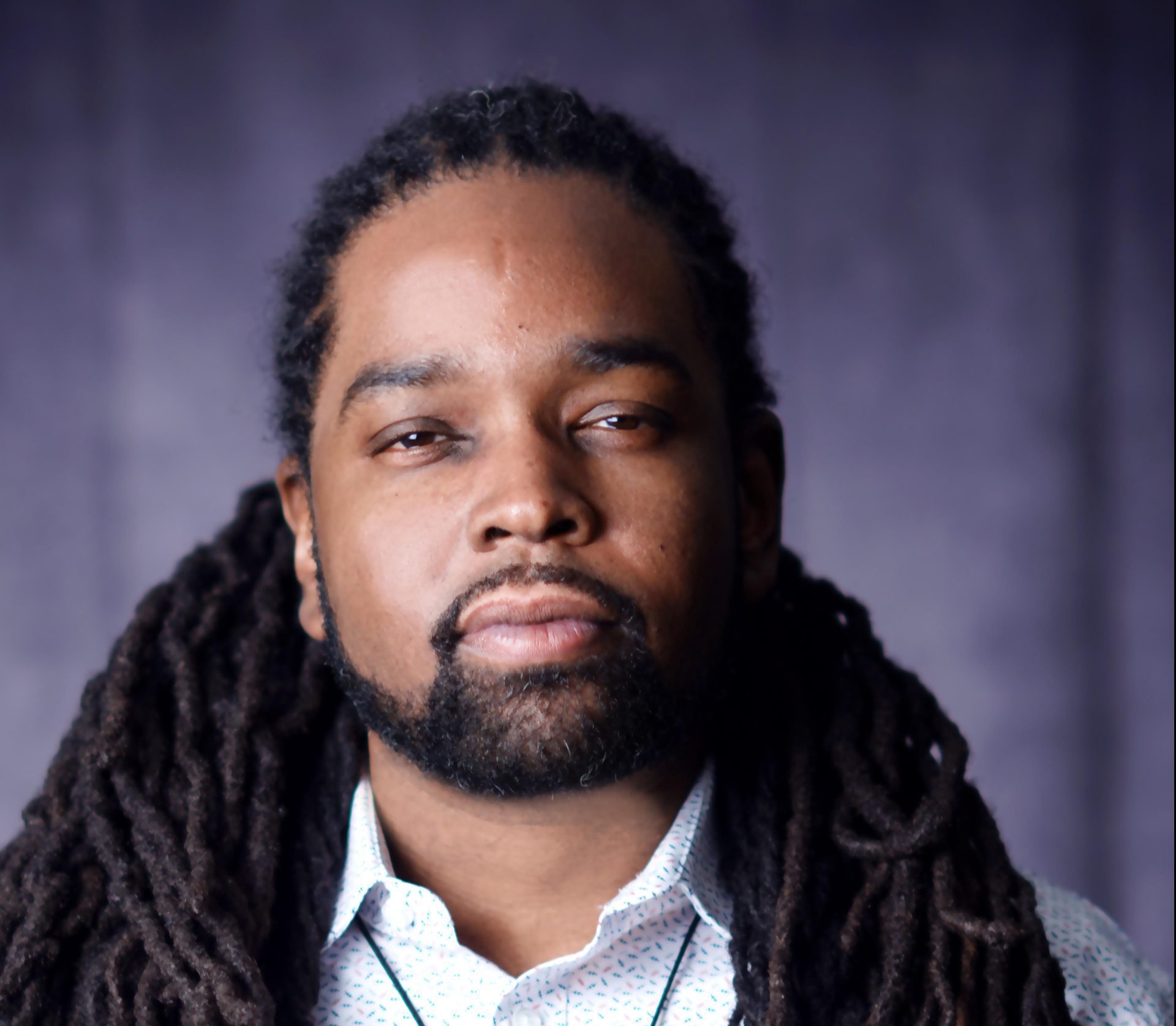
Dec. 1, is World AIDS Day commemorating 27 years since its inception, it’s an opportunity to spread awareness and encourage testing for a virus that affects approximately 15 million people. Award-winning author and philanthropist Catherine Wyatt-Morley aims to break the stigma against those who have contracted HIV, including herself. Morley was unexpectedly diagnosed over two decades ago and has made it her life’s purpose to educate and empower those who are infected.
She serves as the proud founder of international 501c3 nonprofit Women On Maintaining Education and Nutrition, a groundbreaking initiative breaking prejudices against women who have the disease. The program provides holistic healing and a 30-acre treatment facility. Her charitable efforts have been featured on national media platforms such as SELF magazine and the “Today” show.
Morley uses her unfortunate circumstance to champion for women who have been challenged by the effects of living with the virus, domestic violence situations and those recovering from the imprisonment of the human sex trade industry has been documented in her 4 award winning published works.
Rolling out‘s editor spoke with Morley on the aftermath of being diagnosed as HIV-positive, the impact on her marriage, and the importance of getting tested while in a committed relationship.
How did you contract the virus?
I became HIV-positive in my marriage where I contracted the disease from my husband 21 years ago.
Did it every cross your mind to get tested even though you were in a monogamous relationship?
No, two decades ago HIV was a completely different anomaly than it is today. Basic testing was not something that was mainstream. It never occurred to me to get tested while married. Most women find a cushion in their marriage thinking it won’t affect them. There wasn’t much education and it wasn’t a part of the fabric of the United States like it is now, It was primarily segregated in a population that most Americans felt removed from especially in marriage. I think segregation is the primary reason why is wasn’t as common and that goes hand-in-hand with lack of education.
What led you to go get tested for the virus?
What’s so funny is that HIV was the last thing on my mind. I literally went in to have a hysterectomy and was tested without my knowledge as a part of the hospitals regimen. I didn’t seek to get tested nor was it anywhere on my radar. When I was diagnosed HIV positive I was beyond shocked especially being married. At that age, I had no concept of what it was. My husband was diagnosed ten days after me and he had to receive treatment immediately. It affected our marriage tremendously since the day we found out I contracted HIV. It affected the transition of my life and its purpose. I am no longer married.
Is there still a stigma attached? If yes, in your opinion why?
Absolutely, I think that the stigma is rooted in how HIV came to be. Thirty plus years later it is so stigmatized because it is associated with sexual behavior. As Americans, we are very much aware that hetero-transmission is these primary transmission or by drug usage through the exchange of needles. It is also based on our sexual preferences and it is not something that is openly and readily discussed in the community.
Why is W.O.M.E.N HOUSE necessary?
It is extremely important. In the thirty years of dealing with HIV, we have a myriad of medications, outreach, and interventions which is wonderful. We are educating women on the importance of HIV testing in knowing their status. All of those things are great and working together to reduce stigma on the black community. In order to make those things possible, we have to empower women who actually have the disease. They need to be educated on what the disease is and how it is going to affect them. We want to help women move beyond their diagnosis. Women are so isolated and extremely nervous of how their families and friends will look at them once they find out. The organization provides support for all these kinds of issues.
Are there solutions to the plights of women? Human trafficking? Domestic Abuse? Living with the virus? Please explain.
I believe there are so many solutions that are available. We want to eliminate and eradicate HIV in the United States and across the board, But if we are not sitting down at the table when they are coming up with strategies then the problem will continue. We can’t just have certain segments and genders at the table making the decisions. Everyone needs to be present. They will continue to create and develop interventions for those who don’t have a voice. They don’t understand how to properly help because they are from a different community. To me, this is one of the major gaps with HIV in communities of color. There is a too much of a lack of people who are infected sitting at the table who have a voice in policy and program development.
We have created to campaigns for women. One is called HIV LOOKS LIKE ME and started it because we think it’s important that women of color and women across the board know that HIV looks like our mother, sister, the lady at the grocery, and a soror. None of us are immune and all of us need to know our status. Our other major campaign is called Operation Panty Power which has been really successful. We use this campaign to empower women and let them know there is power in their panties. We have partnered with so many companies who have donated over four thousand panties to us. We use panties to sew empowering labels on them and disseminate them to the women.












